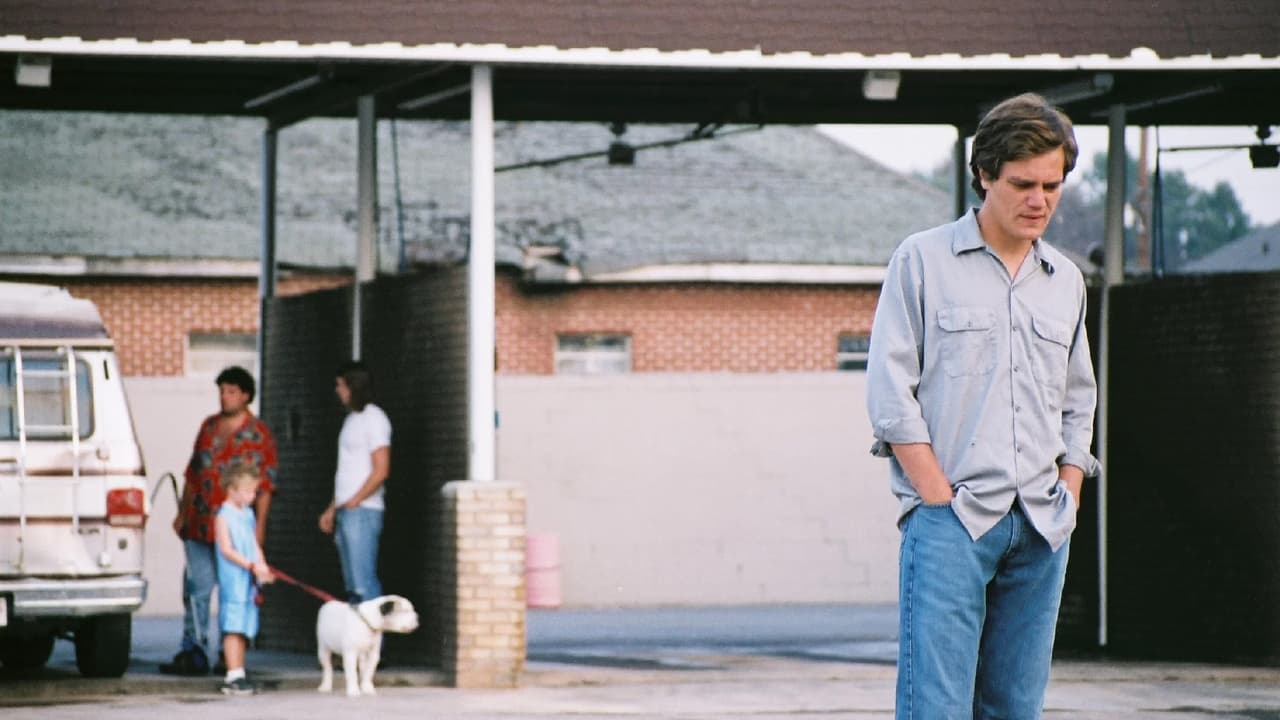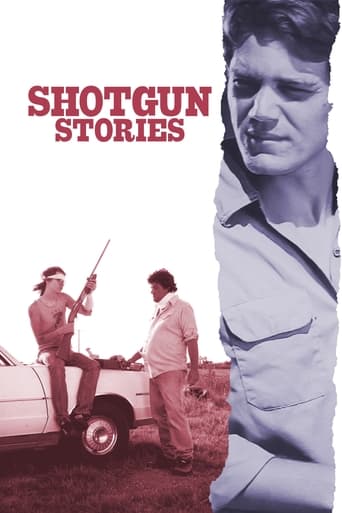

The 4 Tops had it right in 1966 when they sang this song - except this film was not made until 2007!! How did they know? Seriously people a 7.3 rating? Granted the acting was good and the soundtrack appropriate, but classifying this film as a thriller, as my 3 three year old grand daughter would say "is Ridkolous."The plot is slow, the actors talk slow, they move slow, the music is slow, the "action scenes" take literally seconds. (so I guess you could say they were not slow) I understand that things which occur off screen can take on greater depth and imagination, but for that to occur, something has to happen. And not much happens throughout the movie. And amazingly the director must have thought at times too much tension was building, so he even stepped it down a notch or two with even slower music between scenes. For instance, during one scene, a car drives up to the house!!! Now wait a minute, modern audiences can only take so much!! please let us catch our breath!Now some may see great existential meaning in the film - that this gives depth and meaning to the Southern farm experience, etc. etc. etc. Well the only thing I can say to them is Hans Christian Anderson called "BS" on that many years ago with "The Emperor's New Clothes." And then finally, there is the dialogue. Can it be true that people from Arkansas only speak in 2 or 3 word sentences? Well if this is your cup of tea, good for you. As for me and my household, we place this one among the notables of snoozdom: "Indiana Jones and the Kingdom of the Crystal Skull", "Cache", and the all time snoozer: "Boyhood"
... View MoreI admire the cinema of Jeff Nichols since I saw «Take Shelter» and «Mud». Doing an inverse operation now I have seen his first film, «Shotgun Stories», and it is as good as the latter works. A story taking place in a town in Arkansas, in which Son, Boy and Kid, the three poor sons of a man (who abandoned his wife and kids, became a Christian, formed another family and became a landowner) struggle with the man's four sons from his second mating. After a brief intro in which the wife of Son, the older poor brother, abandons him for his addiction to gambling (and he reunites with this his younger brothers Boy and Kid), the real drama starts when the old man dies and Son takes his two brothers with him, they all go to his funeral and he says to the mourning "proper" family that the man inside the coffin was a bastard. And on top of that he spits on the casket. The chain of effects that follows next has to be seen. The rhythm is slow, as delicate embroidery, as if the lines of the story were taking their time to combine, while the dramatic tension is skillfully sustained throughout. Although I feel the ending is an open one, when the movie is finished Nichols has given us another beautiful portrait of rural United States, of sections that are rarely seen with respect and fine perception in the films of the mega-industry. The filmmaker creates an endearing testimony of his people, with memorable scenes, as the dialogue in the backyard when Kid tells Son about his plans to get married, and reflects on how hard is life made to men and women (when they all are entitled to happiness and a part of the riches of the planet – addition is mine). «Shotgun Stories» benefits from very good performances by the whole cast: Michael Shannon as the protective and confused Son, Douglas Ligon as the quiet and wiser Boy and Barlow Jacobs as the violent and yet tender Kid, all three shine as the first set of brothers, having strong support from Michael Abbott Jr. and Lynnsee Provence as two of their half-brothers/nemeses, but so outstanding too are Glenda Pannell as Son's wife, G. Alan Wilkins as the outcast Shampoo Douglas, Coley Campany as Kid's bride, and Natalie Canerday in her brief scenes as the boy's mother. Nichols may have gone the "Hollywood route" now, who knows, but Altman, Kubrick, Allen and many others did so, and they did not lose their knack or soul. Nichols and they can look at their first works and say, "Oh, how easy were we".
... View MoreShotgun Stories is an indie film written and directed by Jeff Nichols. The writer/director of commercially successful Mud makes his debut with this film. Son Hayes (Michael Shannon), Boy Hayes (Douglas Ligon), and Kid Hayes (Barlow Jacobs) are residents of a small town in Arkansas. They were born to a mother that had hate rooted in her heart and were left by their father who started a new life and a new family in the same town. The film escalates when Son Hayes shows up with his brothers at the funeral of his father and has words about the true nature the man who died. Mark Hayes (Travis Smith), one of the oldest of the Hayes father's new family takes immediate offense and plans retaliation on Son, Boy, and Kid. The film tells the story of the subsequent events that takes place between the two families and the resulting despondency. This small film has a lot more depth than what appears to be the surface. It tells the story of families living in a part of America where few get to see. The struggles and emotions these families experience are expertly conveyed by the film. The cinematography and the score are an excellent supplement to the story. Save this film for a time when you're feeling up to watching a story that will leave you thinking about it for a long time after you view it.
... View MoreSouthern American culture is rich in storytelling tradition and part of that is the story of the blood feud. But Shotgun Stories is not about those ancient yokels, the Hatfields and the McCoys, but contemporary families in rural Arkansas.One father, two wives. Two sets of sons. With first wife, father was an alcoholic ne'er to do well who abused his wife. The boys by this wife are poor. He cleaned up his act when he ran off with this second wife and became a farmer. The sons by this wife are middle class. The sets of sons hate each other. The father dies. At his funeral, his first set of sons shows up, brazenly unkempt to spite the well-dressed second set of sons. The oldest makes a speech condemning the father for abandoning them, then spits on the casket. A fist fight breaks out. Vengeance is sworn.And so the movie begins. And blood is shed.The information above about family history does not emerge all at once. Bits are doled out as we get to know the Hayes family, the sons, their wives and girlfriends, friends (some, like Shampoo, disreputable) and their children. An often unmoving camera fixes on the details on these young men's lives, especially the older ones, Son, Kid and Boy (Yes, that's their names).Just about everybody in the movie has known each other since childhood.This is not a fast-paced movie, but the tension builds to almost unbearable levels as retribution leads to worse retribution. Interestingly, the most serious violence occurs off camera. Eventually, a peacemaker emerges in a most unlikely (but maybe not) persona.Shotgun Stories is the kind of movie film festival goers adore. Low budget. Unknown actors. Local color. Rich dialogue. Evocative cinematography.If that's not your bag, stay away. But if it intrigues you, check this out.
... View More